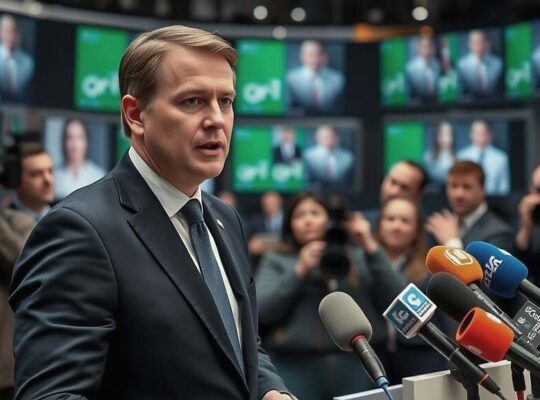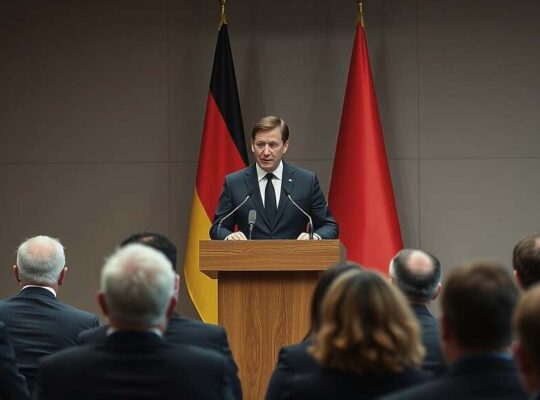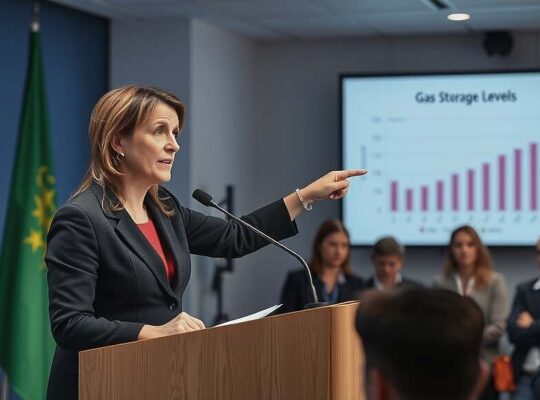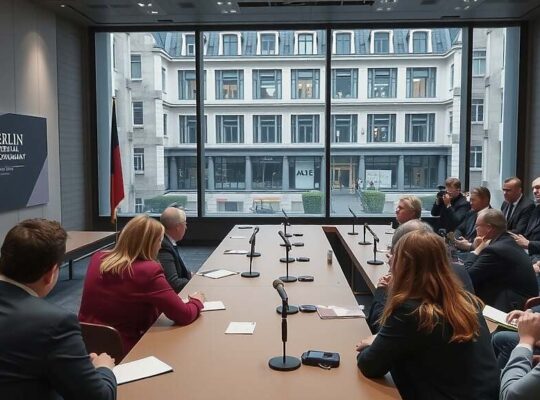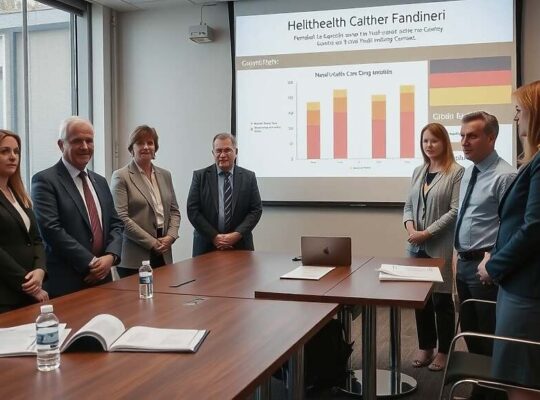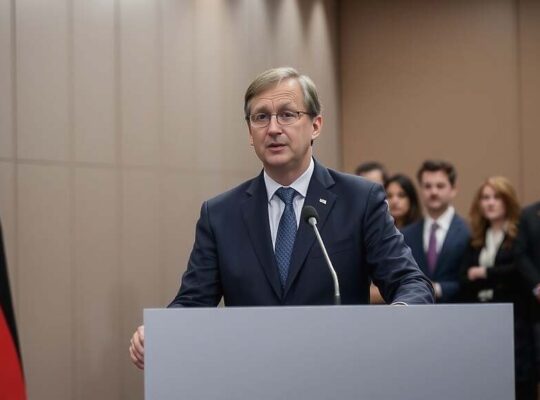The German Federal Government has announced €1.8 million in funding for 51 projects aimed at preserving historically significant original documents, a move framed as crucial in an era of disinformation and rising historical revisionism. Culture Minister Wolfram Weimer, in a statement released Tuesday, emphasized the irreplaceable nature of these handwritten manuscripts, charters and archives as “testaments to our history” and the “memory of our democracy.
The specialized program, initiated in 2017, employs systematic preservation methods – including deacidification, cleaning and protective packaging – to safeguard extensive collections. To date, over €21.8 million has been allocated to 734 such initiatives, highlighting a growing awareness of the fragility and vital importance of Germany’s written heritage.
While the government’s commitment to preserving this cultural asset is undoubtedly laudable, critics are already questioning the distribution and oversight of the funds. The requirement that participating institutions, states and municipalities co-finance at least 50% of each project raises concerns about accessibility, particularly for smaller regional archives and those lacking robust local funding streams. This co-financing model, while intended to foster shared responsibility, risks perpetuating inequalities in the preservation landscape.
Furthermore, the selection process, which relies on recommendations from the joint federal-state Coordinating Body for the Preservation of Written Cultural Heritage (KEK), has drawn scrutiny. While ostensibly independent, the KEK’s composition and decision-making processes are opaque, sparking debate regarding potential biases and the prioritization of certain institutions over others.
The announcement arrives at a particularly sensitive juncture, as Germany grapples with growing challenges related to historical revisionism and the spread of misinformation. Minister Weimer specifically referenced this context, asserting the need to protect the authenticity of historical sources. However, some historians suggest that the focus on preservation alone risks neglecting the critical work of historical analysis and contextualization – ensuring that these preserved documents are understood and interpreted responsibly by future generations. The long-term efficacy of this initiative, therefore, hinges not only on the physical safeguarding of these irreplaceable records, but also on the broader societal engagement with Germany’s complex and often contested past.




